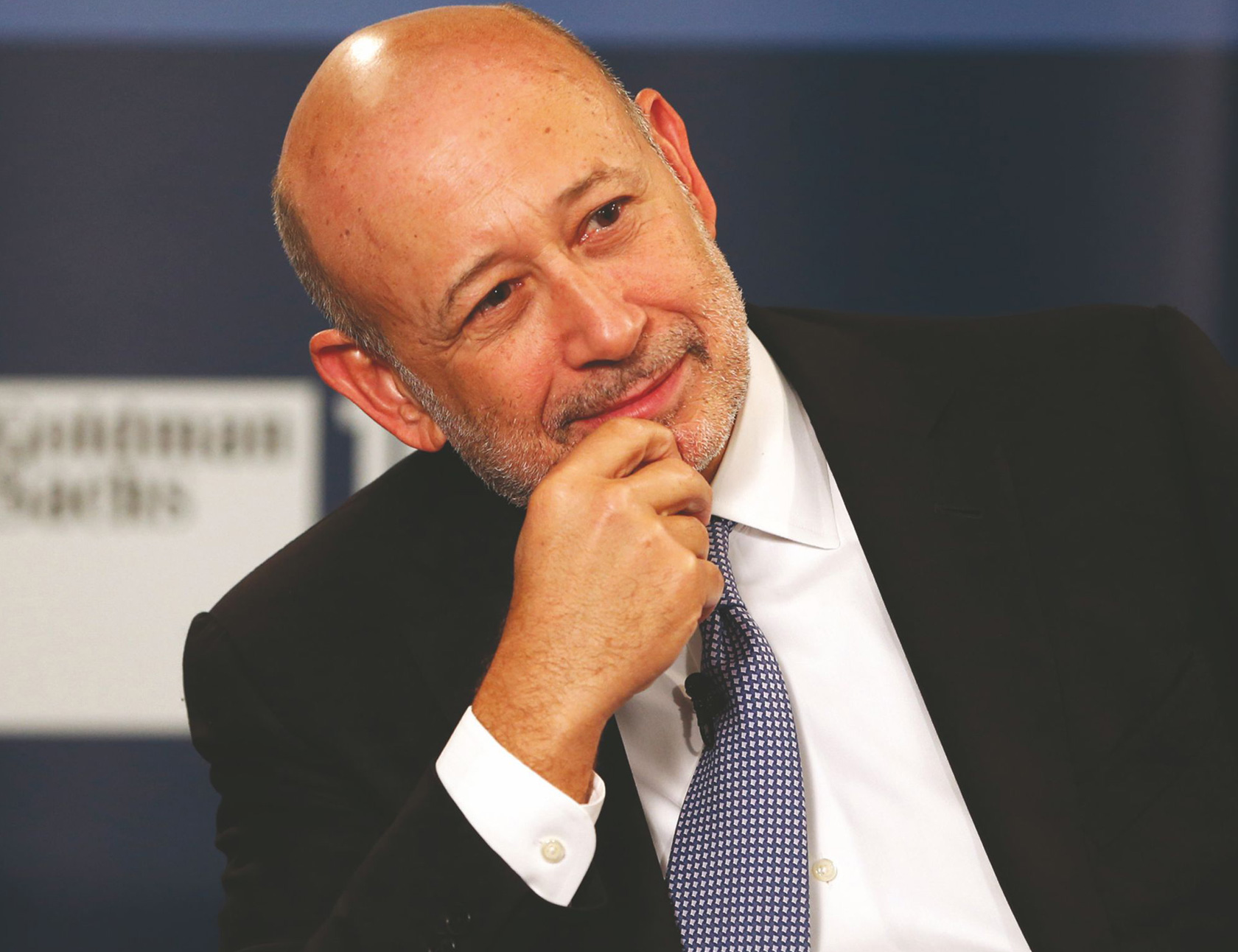
It's amazing to see the support of someone like Lloyd Blankfein at the idea of the Bitcoin. It seems that finally, it got him to think about it. When most of the banking forces are in that sense, it's interesting to hear someone like Mr.Blankfein saying "Maybe in the new world, something gets backed by consensus ... If we went into the future and bitcoins were successful, I would be able to explain how it's a natural evolution of money." COTI thinks this is a powerful step towards accepting. It starts as a seed and grows to rule the forest.
Bitcoin inventor Satoshi Nakamoto released Bitcoin: A Peer-To-Peer
Electronic Cash System in late 2008. In the paper, Nakamoto was critical
of the trust-based model upon which existing electronic payments systems
relied upon, pointing out that the trust-based model requires a costly mediation layer that causes merchants to be wary of their customers.
Nakamoto’s solution was to propose a new electronic payment system, Bitcoin, that would enable two parties to transact directly based on cryptographic proofs alone — without the need for trusted third-parties.
Blockchain-based payment systems — including Bitcoin and its peers —
Are often described as trust-less in acknowledgment of the fact that these systems can function without trusted third parties.
Transactions in such networks are recorded cryptographically on distributed, secure, irrevocable ledgers, and ledger accuracy and consistency ensured through the consensus process. Rather than placing their trust in third-party intermediaries, users of these transaction networks put their trust in cryptographic protocols and the plurality of network participants.
Some members of the blockchain community have rallied behind the
notion that digital currencies will become widely used as currency in
everyday payments scenarios. Blockchain-based currencies like Bitcoin, it has been argued, provides a low-friction alternative to the traditional payments system: they promise greater security, faster settlement times, lower transaction fees, and relief from the interference of central banks and intermediaries.
In practice, however, the use of digital currencies in everyday payments scenarios has been limited. According to Morgan Stanley, merchant acceptance of Bitcoin, today’s leading digital currency by market capitalization, will decline in 2017. The limited adoption of Bitcoin in everyday payments scenarios is attributable to a variety of factors.

https://coti.io began by looking at the key factors affecting the pace and extent of payment system adoption and concluded that the next-generation payments network would need to build on top of the foundations of traditional payments systems and digital currencies, incorporating their strengths while finding workarounds for their limitations.
Using the characteristics of traditional payments systems and pioneering digital currencies as benchmarks, COTI defined the key objectives its the next-generation payments network would need to satisfy. Requirements for a next-generation payments network and discussed in detail in the pages that follow.
While COTI acknowledges that the characteristics of alternative digital currencies vary widely, Bitcoin’s dominance regarding its total coin capitalization makes it the natural reference point when evaluating digital currencies as a category.
To learn more visit us on https://coti.io
Hi! Good article but I think Lloyd "God's work" Blankfein is supportive on DLT as whole more than BTC specifically.
Goldman owns Ripple which is a centralized controlled cryptocurrency ;)
Cheers
Downvoting a post can decrease pending rewards and make it less visible. Common reasons:
Submit
Can agree with that perspective. It's Lloyd mindset that has been changed toward Bitcoin to promote whatever he wants..still, it's a pretty shocking statement made by him.
Downvoting a post can decrease pending rewards and make it less visible. Common reasons:
Submit